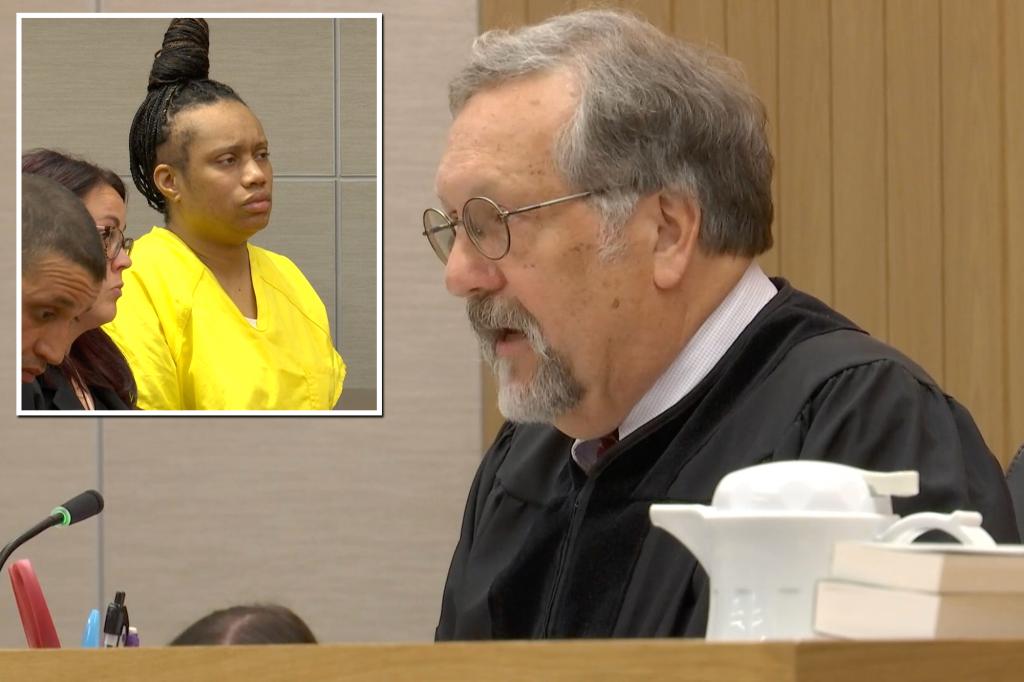A mother in Indianapolis admitted to smothering her baby while high on methamphetamine, leading to the infant’s death. Despite this admission and the severity of the crime, the mother, Dacia Lacey, was found not guilty of neglect of a dependent resulting in the death of her daughter, Alona, by Judge Mark Stoner. The decision caused outrage as Judge Stoner has been criticized in the past for controversial rulings, including giving a mentally ill man who shot a police officer a lenient sentence of time served.
During the trial, Judge Stoner stated that Lacey was not innocent but not guilty as charged by the state, emphasizing that not all wrongdoings are criminal and must be proven to have been done with criminal intent. Stoner noted that there was no evidence to prove the charge Lacey was facing and that poor parenting, while wrong, is not necessarily criminal. Additionally, there was no sign of neglect of a dependent, such as serious injuries, that would indicate long-term abuse of the children. The pathologist was also unable to determine the cause or manner of death for the baby.
Court records revealed that Lacey had confessed to the police about smothering her daughter because she was high on methamphetamine and wanted the baby to stop crying so she could get some sleep. During the trial, it was also revealed that Lacey’s other three-year-old daughter had witnessed the incident where her mother smothered the baby with a pillow. Toxicology reports confirmed the presence of methamphetamine in Lacey’s system on the day of her baby’s death, further supporting the claims made during the trial.
The controversial ruling by Judge Stoner allowing Lacey to walk free after admitting to such a heinous crime sparked outrage and calls for the judge to resign. Stoner’s previous leniency in sentencing offenders, including a mentally ill man who shot a police officer, has raised concerns about his judgment in cases involving serious criminal acts. The decision to declare Lacey not guilty despite her admission of guilt and the evidence presented during the trial has left many questioning the fairness and justice of the legal system in cases involving child abuse and neglect.
Despite the emotional admission and confession by Lacey, the judge’s decision to find her not guilty on the grounds of lack of evidence and criminal intent has raised significant ethical and legal questions. Concerns have been raised about the prosecutor’s role in choosing the charges and the decision-making process in determining the severity of the charges against the accused. The case has brought attention to the complexities and challenges in prosecuting cases of child abuse and neglect, especially when substance abuse is involved, and the need for a thorough examination of the legal framework and evidence in such cases before reaching a verdict.
The emotional impact of the trial on both Lacey and her family, as well as the community, has highlighted the devastating consequences of substance abuse and its role in cases of child neglect and abuse. The tragedy of Alona’s death and the circumstances leading up to it serve as a stark reminder of the importance of addressing substance abuse, mental health issues, and support for families in crisis to prevent such incidents from occurring in the future. The case has sparked discussions about the need for comprehensive reforms in the legal system to ensure that justice is served and that vulnerable individuals, especially children, are protected from harm and neglect.


